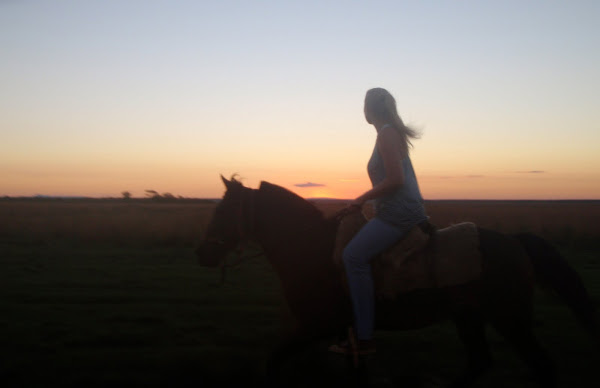
I read this book that’s technically about Evolutionary Psychology, but in the end I think it also has everything to do with the business of World Saving.
It’s about how all our little funny quirks, all the seemingly different cultures of the world, are really just a product of the process that promoted those habits that made us more likely to have babies who had babies. It’s about how natural selection set the rules for the human brain to be played out on an entirely different board. “We live in cities and suburbs and watch TV and drink beer,” says the author, Robert Wright. “All the while being pushed and pulled by feelings designed to propagate our genes in a small hunter-gatherer population.”
These habits are from back when, for example, any rise in power could mean more influence in dividing up meat after a big kill. More for your kin = they survive longer = your genes get passed on. Hence those who had more drive for power had more babies, and now we are all their decedents, feeling some mysterious need to be the one holding the remote.
You can see how this might cause problems.
When politicians rise to power, they tend to have lots of sex with young, attractive women. This still surprises us. But when the rules were set in our brains, the entire point of having power was to convince as many young women as possible that you have the means to take care of their offspring if they wouldn't mind just letting you get some action. These women, on the other hand, evolved to swoon at men with power, as “emotions are just evolutions executioners.” That's true because if we’d never developed birth control, more sex would equal more babies and more genes. But we’re still surprised with every politician caught, even though, as Henry Kissinger said "Power is the ultimate aphrodisiac."
What efforts can we put forth to thwart the errands of evolution that clash with our current morality? I thought of how we do it in Paraguay, of all the problems we’re sent here to fix.
There’s something we now call corruption. When resources were tight and there’s just not enough for everyone, our genes drove us to find a way to provide for our own family (who carry our genes) and our friends (people who seem to have the same genes). Taking a bit more for your own, sounds like corruption to me. But remember how we all decided we were going to be fair and call it democracy? Unfortunately, we never evolved an off switch for this desire to help our own. We continue beyond helping our own survive to helping our own take vacations to Tahiti with government funds. Come to the rescue, anti-corruption slide presentation!
How about hypocrisy as well? We’ve all heard leaders stand up and say, “I do so much for the community,” while knowing that they take money in one way or another. Why shouldn’t they, really, use both the rise in status from their bragging and eat their money too, if they can get away with it? Now, investigative journalists!
There’s also the matter of gossip, which, as it turns out, not only exists wherever you go in the world, but follows the same outline. Says the author, “Knowing who is sleeping with whom, who is angry at whom, who cheated whom, and so on, can inform social maneuvering for sex and other vital resources. Indeed, the sorts of gossip that people in all cultures have an apparently inherent thirst for... match up well with the sorts of information conducive to fitness [to reproduce]. Trading gossip is one of the main things friends do, and it may be one of the main reasons friendships exist.” Go, team work seminars!
What we’re really doing is wrestling this animal, trying to figure how to cage something that’s inside of us. But I have another idea. This evolved animal has striking similarities to Eckhart Tolle’s ego, which strives to be special and have power and be rich, is never really satisfied, as Wright says, “We are designed to believe the next goal will bring bliss, and the bliss is designed to disintegrate shortly after we get there.” And if we just take a step back and look at that, we can see how silly it is, how silly we are to be obsessed by it.
If someone thinks they want to save the world, do they really mean to create more wealth and productivity, or do they really mean peace and happiness? Because, unfortunately, our joy was not factored into evolution: “Our happiness was never high among natural selection’s priorities, and even if it had been, happiness wouldn’t naturally arise in an environment so different from the context of our evolution.”
If saving the world means finding peace and happiness, then here the science and spirituality climb both sides of the problem to reach the same conclusion: The only way for us, the puppets, to free ourselves, is to look up and see the strings. After that, they’re quite easy to clip.
The answer, to me then, is not one more anti-this committee or anti-that seminar. It’s education on the fact that we are animals competing with each other to feed not our bodies, now, but our egos. And others are starving so that our egos may live large. It’s so animalistic. And, I think now, only after we see the animal in us can we find the human.

No comments:
Post a Comment